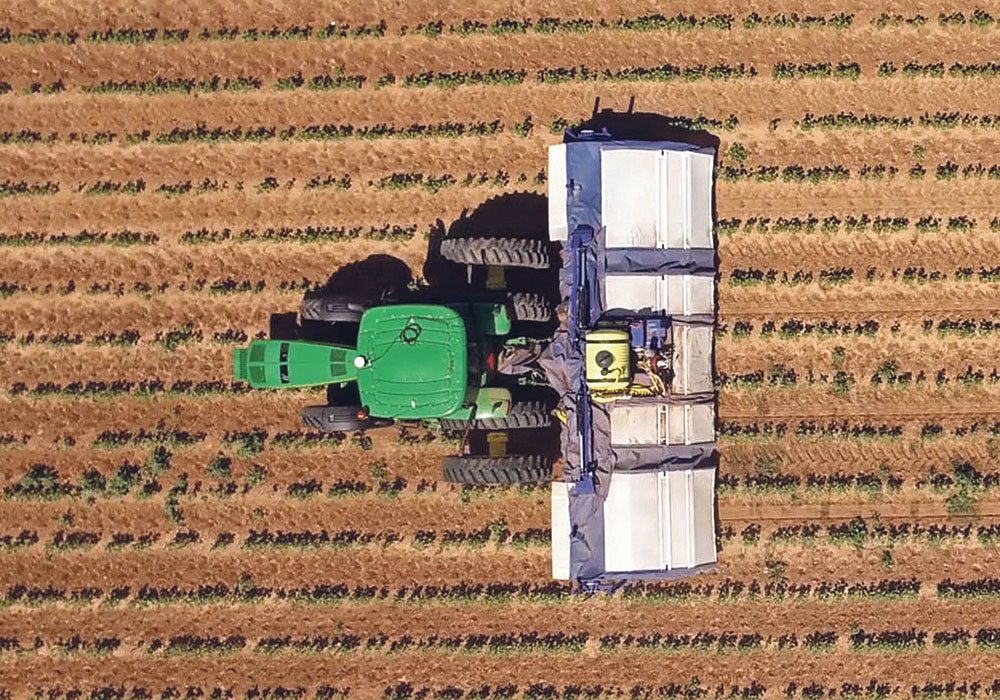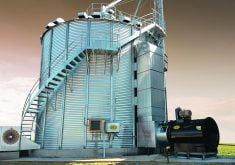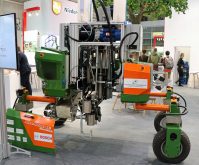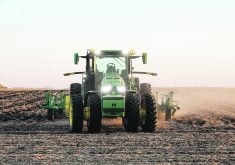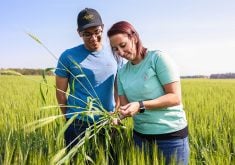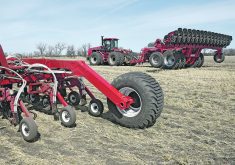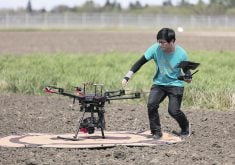CHICAGO, Ill. — One of the pioneers of the big data movement is ready to take the next step.
“We want to go from field-level data to plant-level data,” said Keith Soltwedel, marketing manager with John Deere Intelligent Solutions Group.
“I know we might all laugh today, but I think that’s coming, where we’re going to know every 36,000 corn plants in an acre of ground and how we treat each one of those plants differently in order to maximize yield.”
John Deere announced in September it was acquiring Blue River Technology for US$305 million. The 60-person firm from Sunnyvale, California, is an industry leader in artificial intelligence.
Read Also

Saskatchewan puts crown land auction on hold
Auctions of Saskatchewan crown lease land are once again on hold.
“We are using computer vision, robotics and machine learning to help smart machines detect, identify and make management decisions about every single plant in the field,” Jorge Heraud, Blue River co-founder, said in the September news release announcing the acquisition.
Soltwedel said big data started with yield-monitoring combines and evolved into a variety of applications for seed, chemicals and fertilizers.
The technology has already evolved past the field level with spray nozzles that allow for row-by-row application of pesticides.
The next phase is being able to detect which plants are weeds and applying pesticides only to those plants or determining which crop plants are stressed and applying fertilizer to those.
“It’s futuristic, yes, but 30 years ago having a tractor drive itself was pretty futuristic and today people don’t live without it anymore,” said Soltwedel.
Being able to do something “then and there” with the data coming off the field is the very definition of “actionable data,” he said.
That has been one of the knocks on big data. Farmers are gathering reams of information, but they aren’t doing anything constructive with it.
Soltwedel said another criticism was that companies were initially trying to do it all on their own, like John Deere with its Apex software system.
“What Deere learned from our dealers and from our customers is that this industry is too big to try to do it yourself and do it alone,” he told the recent 2017 DTN Ag Summit in Chicago.
So Deere launched the John Deere Operations Center, where farmers can manage all their equipment, production and farm operations data on a single website. It is working with 75 technology companies.
“We believe that we are the most open platform in agriculture,” said Soltwedel.
He said the idea of collaborating is foreign to the agriculture sector, which tends to be “tight-lipped” and reluctant to share information all the way back to the individual farm level.
Adam Litle, sales manager with Granular, which is using Silicon Valley software to transform farming, said producers have a role to play in ensuring the companies they work with are open.
“You should be demanding that your information technology providers work with each other and share data. Don’t accept anything else,” he said.
“What we keep hearing is that growers don’t want to use 10 different pieces of software. They’re really looking for a more consolidated operating system.”
Contact sean.pratt@producer.com




